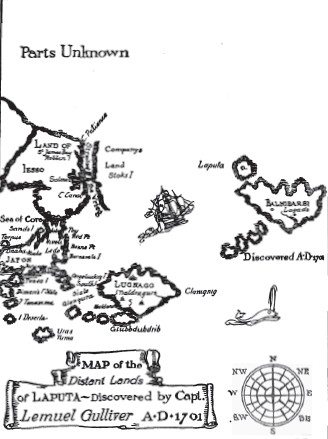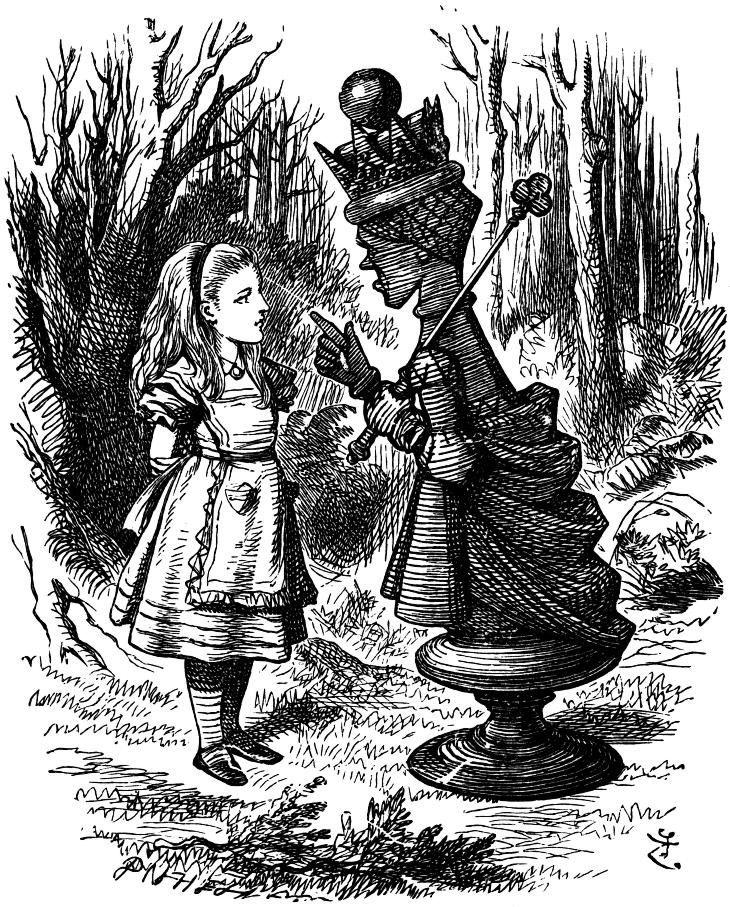Welcome to the Wakefield Doctrine (the theory of clarks, scotts and rogers)
Friend of the Doctrine, Mimi, has come to our rescue with a comment that gives us something to stand-on, (in the middle of ‘What-to-Write-Today Swamp’), and scan the horizon. For a path out. To someplace …err interesting.
Commenting on yesterday’s Post, specifically, in reference to the Richard Linklater video click from ‘Slacker’ that speaks to the matter of timelines and multiple universeseses, (arising and branching with each and every decision we make in our lifes), she wrote:
If every reality creates more, reality must be getting crowded.
To which we Reply’d:
… tell me it is not.
lol
(ever watch a child run? down the street, across the lawn? then observe a young adult do the same… is that, what, a bit more determination in their stride, the tops of the arch of their movement a little slower to rise… we don’t have to talk about our running… there is nothing wrong or incorrect (or defective) about it… it’s simply more work, requiring more effort to move under the accumulated life )
Say what you will about our people, but when it comes to asking questions and suggesting inferencae, especially those that require creative insight and dealing with the un-tangible/objective/concrete/provable-to-a-critical-audience, the Outsiders kinda shine, ya know?
New Readers? The ‘Everything Rule’ states, ‘At one time or another, everyone does everything’. This is a helpful and, in terms of making the Doctrine useful, essential insight into the reality of the theory of clarks, scotts and rogers. It means, simply: there is nothing, (no occupation, avocation, hobby, or things-to-do-at-the-summertime-family-reunion), that is exclusive to one or another of the three personality types. The Wakefield Doctrine maintains that a ‘thing’ manifests differently in each of the three predominant worldviews. And...and! the manner in which something manifests is a direct reflection of that (individual’s) personal reality. (ok an easy, but fun example: Physician? Sure. Of course all three are found in the medical profession. Best fit you say? clark: pediatrician, scott: surgeon, roger:oncologist.)
…hey, New Readers. Don’t think we don’t know what you’re doing. “Tell us about….” “Did you ever see? …” “What’s the weirdest thing about the Doctrine...”
Do your assigned reading. Start with the basics. We guarantee everything will fall into place. In fact. we will go so far as to make the following promise: If you’re a clark or have a significant secondary clarklike aspect, no only will this all make sense, but you will begin to extrapolate the underlying principles. Meaning, once you see that the Doctrine is based on the relationship a person has with the world around them (and the people who make it up), you will begin to experience insights about your friends, co-workers and that weird checkout person down at the QuikiMart. You will know without having had to read it in these pages.
That said, it’s considered good taste and best practice to share your insights with other Readers here at the blog. You never know when what you see might be a new understanding of the three personal realities.
Newest of Readers? The three personality types are:
- the Outsider (clarks)
- the Predator (scotts)
- the Herd Member (roger)
Look ’em up (search this blog) or ask another Reader (in a Comment).
*











